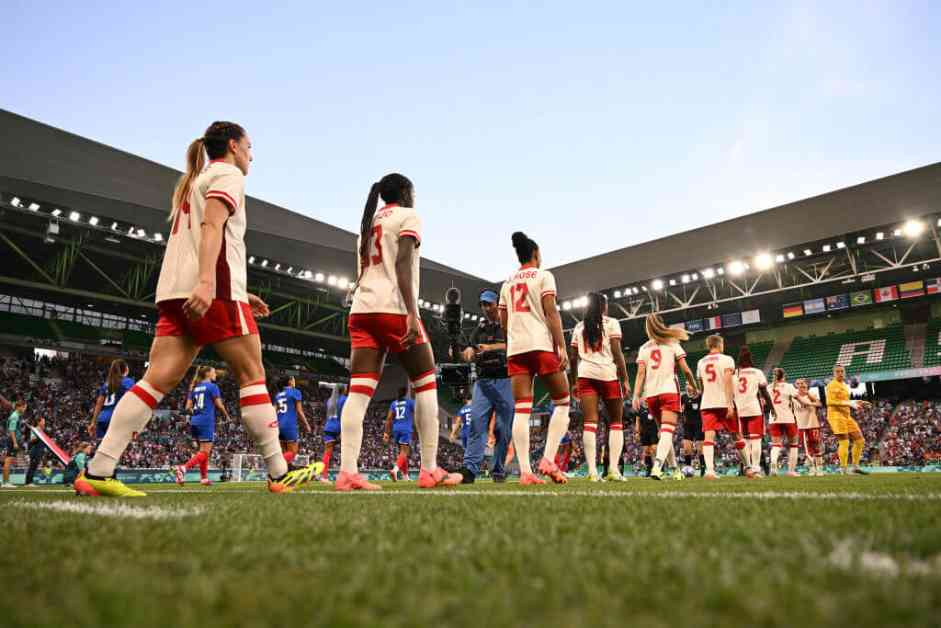The Court of Arbitration for Sport recently upheld a six-point Olympic tournament deduction for the Canadian women’s soccer team in a drone spying scandal. This decision affirmed FIFA’s choice to heavily penalize the reigning gold medalist, raising questions about their tactics to secure another win.
The dismissal of Canada’s appeal came just hours before the final group play games, where 12 teams were set to compete, with four teams facing elimination by the end of the night. FIFA released a detailed report outlining Canada’s use of drones to surveil opposing teams during training sessions, painting a troubling picture of their tactics.
Canada’s coach, Bev Priestman, was mentioned in emails discussing regular spying in both men’s and women’s soccer. The immediate consequences for Canada on the field were significant, with the team losing credit for their first two Olympic wins and now needing another victory to continue in the tournament.
CAS’ decision not only impacted Canada but also had implications for other teams in the tournament. France, Colombia, Australia, and Brazil were all affected by the ruling, with only two of the three third-place finishers advancing to the quarterfinals.
The emails shared by FIFA shed light on the internal discussions within the Canadian team regarding spying activities. The analyst expressed reluctance to engage in spying and raised concerns about ethical and professional implications. Priestman sought advice on the matter, emphasizing the importance of scouting for a competitive edge.
The spying scandal first came to light when a drone was spotted flying above a New Zealand practice session, leading to investigations and subsequent penalties from FIFA. The report highlighted the potential existence of a systemic culture of surveillance within Canada Soccer, prompting further investigations into both the men’s and women’s soccer programs.
FIFA’s report indicated that the use of drones for spying was not sanctioned by the federation and implicated specific individuals, including Priestman. The organization called for a thorough investigation by Canada Soccer to assess the need for additional actions.
In response to the scandal, Canada Soccer CEO Kevin Blue expressed concerns about a possible long-term culture of surveillance within the organization. Former national team coach John Herdman denied involvement in any spying activities during his tenure, emphasizing his commitment to fair play.
FIFA’s findings underscored the need for clear guidelines on drone usage during international competitions and called for accountability and transparency in addressing such misconduct. The report concluded by urging Canada Soccer to conduct a comprehensive internal investigation to determine the extent of the spying practices and any necessary disciplinary measures.


















